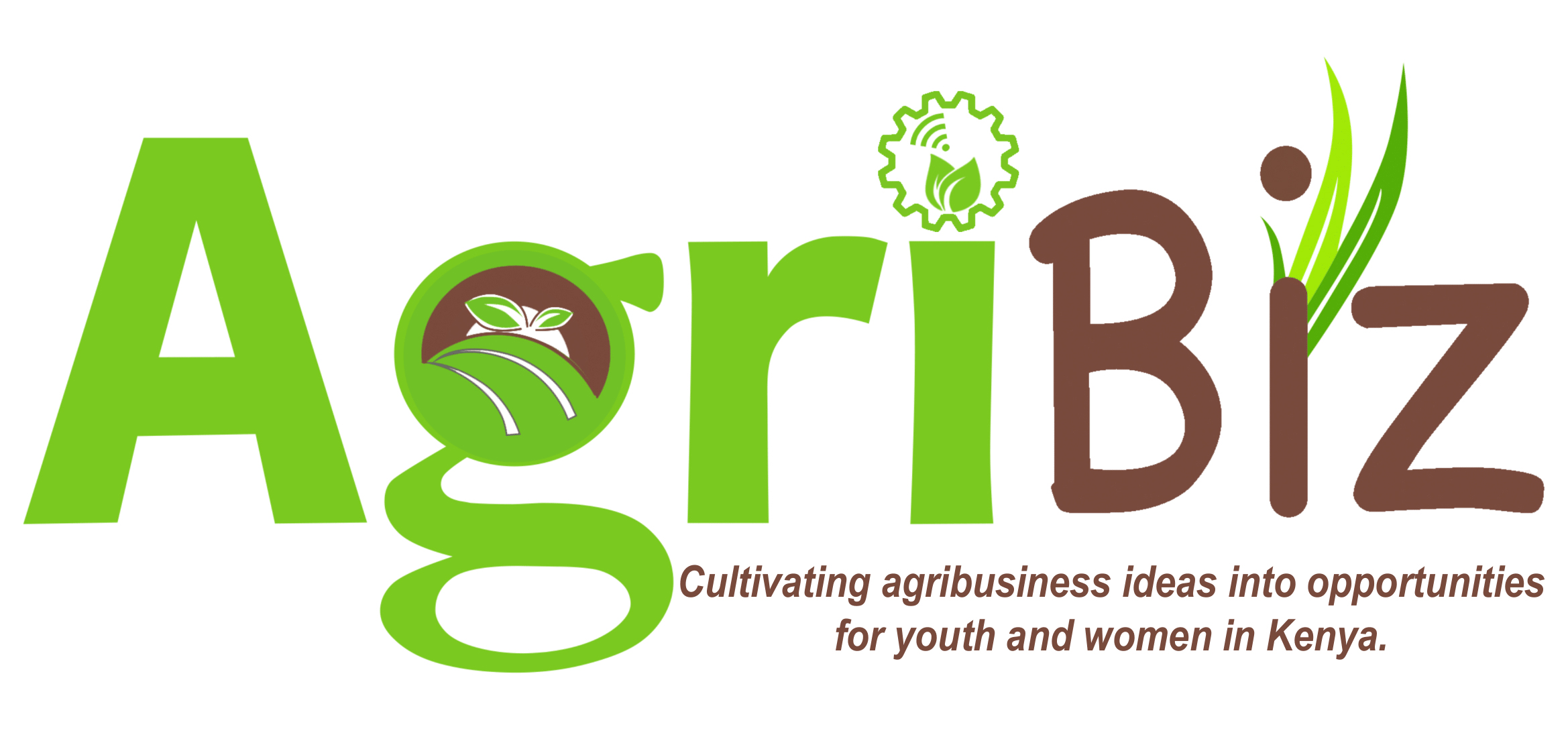Along the busy Mombasa Highway, nearly 30 minutes out of the Nairobi City, located on Slip Road behind Ramtons, stands one of the major players in the beekeeping industry in Kenya. A modestly-sized apiary, Apiculture Venture is home to one innovative female beekeeper –Pauline Otila Kamwara.
On a brisk day during the COVID-19, not long when the number of cases was over a thousand a day in Kenya, the apiary’s main building was still buzzing with activity. Staff – 12 employees were busily crisscrossing, carrying out some of the operation’s daily tasks; running the shop, organizing the storeroom, filling jars of honey, making honey-based goods and going over the accounts.
Pauline, who led a hard-driving corporate lifestyle for twelve years, is a third-generation beekeeper and an avid owner of one of the significant beekeeping companies in Kenya.
The enterprising bee keeper left behind the cooperate life and set out to create a market that understood the unique value of a product she had grown fond of. “From the beginning, I wanted to take up the bee business,” she says. “I took the challenge and reproduced the training I received in my previous work to set up my business. I did not want to just be a beekeeper – I wanted to help and show women and young people how to be great beekeepers full-time.”
Pauline’s approach to apiculture blends the ancient and modern. Some years ago, women in the community were not allowed to keep bees as they were reared mainly by elderly villagers, especially those who lived in forests or along boundaries. But times have changed.
The venture is unique because it works directly with beekeepers, providing them with technical support and training and harvesting, packaging and giving beekeepers a market. In addition, she sells all her honey independently.
“I have realized that one of the biggest challenges a farmer is facing is the broker. Farmers have been forced to sell their products at low prices and not getting value for their products. When the honey comes to the market, it is sold at a higher price. The farmer does not benefit, but the broker does,” Pauline explains.
She says to give value to the farmer, she contracts farmers directly and walks with them throughout the entire journey and provides them with a market. “I take my services to the farmer and walk with them until harvesting.”
The proud beekeeper says she is currently working with almost two thousand, five hundred farmers who are very happy and satisfied with the beekeeping business’s returns.
To differentiate Apiculture Venture honey, Pauline made sure they met the requirements for organic certification. Their honey travels pretty much from hive to jar, where it gradually crystallizes. The pure, raw honey thickens and solidifies, unlike the clear, runny pasteurized honey that lasts longer on supermarket shelves.
Apiculture Venture honey is wilder and tastier. Unfortunately, the general public has less discerning taste buds, so Pauline found the need to support and ensure beekeepers appreciate high-quality honey. The main apiary’s foyer, for instance, is dedicated to training the public on the basics and operations in modern beekeeping.
“For the first cycle of honey production, I train our farmers on modern beekeeping because I believe practical training in beekeeping is essential. Beekeeping is not rocket science. It is something that we can all learn and do right.
The venture, Pauline says, also sells beekeeping equipment and offers pollination services which she is proud to note that she has been privileged to work with Bidco Africa. For pollination services, she charges KS 50 per day for every hive.
The enterprise now sell its honey directly to packers, stores and to individuals.
“The business became trendy because we sought high quality and original honey,” Pauline explains.
She says her training with the Kenya Bureau of Standards to set standards for beekeeping is what has made it possible to come this far.
She can see the big picture and maintain a granular awareness of small details, which served her well on the farm. “You can visualize all the steps that you need to put into action,” she says. She also knew which proposals to write and what partnerships to pursue.
As climate change makes weather patterns more erratic and unpredictable- and alters which flowers grow when- the risks for beekeeping get severe. If it is too dry, the bees cannot collect. With the variable weather we see now, each year is a new scenario.
To manage the risks of honey production, Pauline decided to diversify her revenue stream. Apart from honey and honey equipment, she added cream honey, a new product that people really love.
“Honey has kept me in the market, and the demand is high, which I cannot meet on my own,” she says.
Pauline’s company owns 1000 beehives in different parts of the country, where she has established her own colony that offer pollination services and honey. Beekeeping can be done by everyone, but Pauline says we need to do it correctly.





